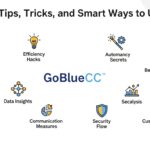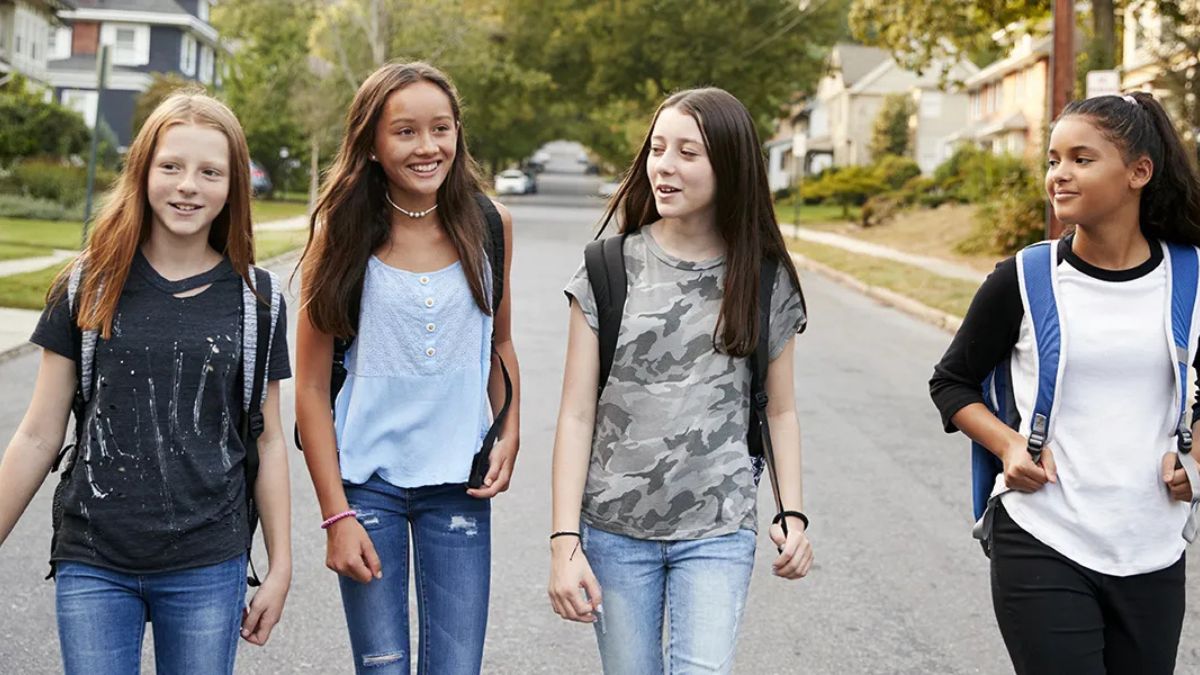Today, the internet is both a place of joy and danger for teenagers. They often do not fully understand the risks of chatting online. Many think they can spot a predator, but this is not true. Parents and teachers play an important role in teaching safety. No one wants any harm to come to a child. Adults should help young people stay safe and understand the webs of deceit that predators use. Children must learn not to give private details or accept requests for meetings online. This simple advice could save lives. By keeping online talks open and safe, adults can provide their children with the knowledge they need to dodge threats.
Teens in the Dark
Most teens think they can see trouble coming. They believe that they know enough about the dangers online. But sadly, this belief puts them at great risk. A survey shows that lots of teenagers do not even know what a predator is. Many think they can tell just by looking at someone online if they are bad or not. But predators are smart. They change how they act with kids online. This makes it hard to judge them well. They even act like teens and pretend to be friendly. Most teens also have no idea about the different kinds of predators out there. They should really learn more. The internet should be a safe space. Young people should feel secure online. They also need to have an idea about the dangers that surround them.
The Role of Parents and Mentors
Adults, especially parents, need to step in. They should talk to teenagers about online dangers early and often. Many parents do not have these important talks at all. This is sad because it helps save kids from harm. Parents should help them understand that telling things like home addresses or personal stories to anyone online is a bad idea. This also includes not meeting anyone online in real life without asking for permission. Even simple actions like using privacy settings help. They help keep kids’ online lives safe from bad people. Schools can also help by teaching kids about online safety in classes. This really makes sure everyone learns about the dangers together. Strong talks and education protect young people from online threats better than anything else.
What Teens Should Know
Young people can protect themselves online. First, they should not talk to strangers. Next, they should not share personal things. This includes pictures, names, and locations. These little pieces of information can help bad people find them. Learning the facts about online hazards is also crucial; many teenagers believe myths about human trafficking, thinking it only occurs in specific locations or to specific people, which would create a false sense of protection. Tell an adult anything unusual or uncomfortable; this is the most crucial rule. An adult can help solve the problem better than anyone else. Making strong passwords for online accounts stops bad people from entering. Teens should also ask for help with accounts or settings they do not understand. Learning the basics of online dangers really can save money. Also, avoiding risky online talks stops problems before they start. Good habits now build a safe online future later. Teens must understand that simple actions now protect them for a lifetime.
Encouraging Open Chats
Teens should feel free to talk about their online life. Open talks help them share their thoughts about anything troubling or concerning. When young people feel safe talking about their online life with their parents or mentors, they do not hide things. Open paths of communication really help build trust. They also help teens learn about online dangers faster. Adults should ask kids to tell them about the people they meet online. This gives them knowledge about their child’s online activities. Sharing online experiences helps kids learn and grow. But many times, the conversation does not happen. Teens and adults should work together to change this. Regular conversations protect young people more than anything else.
Conclusion
Understanding online dangers requires a combined effort from teens and adults. Without active help from parents, guardians, and mentors, young people remain unaware of various dangers. Teenagers must also drive discussions about their online experiences. By talking openly, they can help adults understand their internet world. Simple actions and thoughtful conversations build a safe online space together. When everyone works together, kids learn how to dodge threats well and have a good time online at the same time. This shared duty creates a community that cares.














